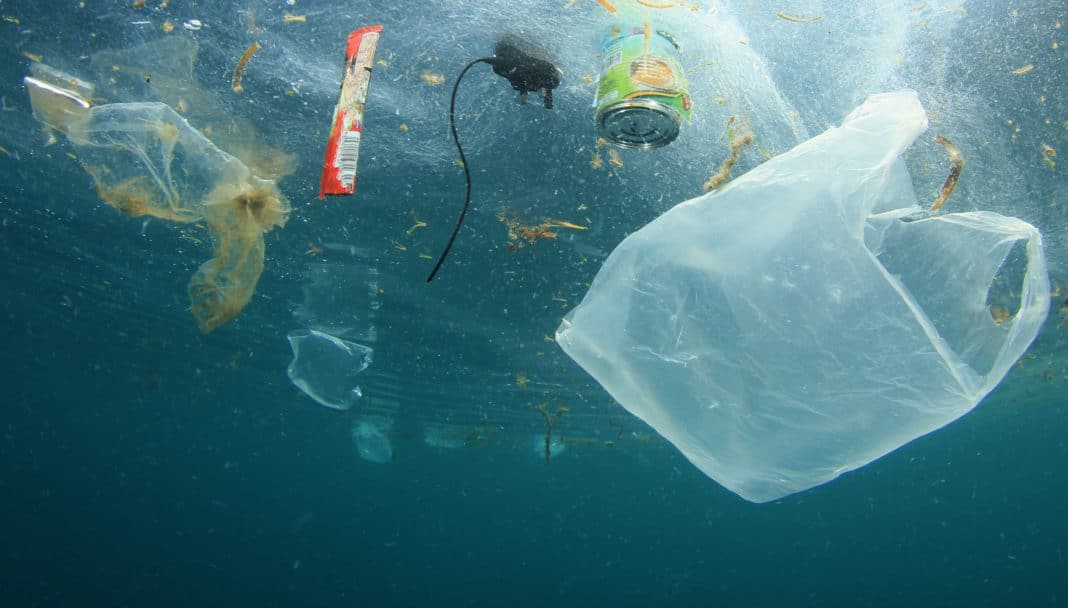
Sweden pledges extra $19m in Loss and Damage Fund
Sweden pledges additional $19 million to the Loss and Damage Fund at the 29th United ...

Thirty countries have now joined the Global Ocean Alliance championing an international commitment for a minimum 30% of the global ocean to be protected through Marine Protected Areas by 2030.
At the 75th session of the UN General Assembly, the UK again reiterated its commitment to protecting the environment and halting biodiversity loss.
The UK’s global leadership on ocean protection has seen it on track to establish a ‘Blue Belt’ of marine protected areas spanning 4 million square kilometres across its Overseas Territories and a £500 million Blue Planet Fund, to be launched next year, that will protect marine resources from key human-generated impacts, including climate change, plastic pollution, overfishing and habitat loss.
The UK is celebrating 30 countries joining the Global Ocean Alliance in support of the UK-led 30 by 30 initiative, an international commitment to protect at least 30% of the global ocean in Marine Protected Areas by 2030, through the UN Convention on Biodiversity in 2021.
The Global Ocean Alliance has grown from 10 to 30 members in just 12 months, and the countries which alongside the UK have committed to trebling existing targets are: Belize, Belgium, Cabo Verde, Canada, Chile, Costa Rica, Croatia, Ecuador, Finland, Fiji, Gabon, Germany, Guatemala, Honduras, Italy, Kenya, Luxembourg, Maldives, Monaco, Nigeria, Palau, Portugal, Seychelles, Senegal, St Kitts, Sweden, Spain, United Arab Emirates and Vanuatu.
UK International Marine Minister, Zac Goldsmith, said “I thank and commend the 30 countries that have now joined the Global Ocean Alliance. Our shared ocean is facing unprecedented pressures, and together we are making a powerful case for increased protection.”
“I encourage other nations to join us in this campaign. In the wake of the coronavirus pandemic, we have an opportunity to make sustainability and resilience the lens through which we map our respective recoveries, and that is what we should commit ourselves to doing.”
Without a healthy ocean there would be no life as we know it. The ocean generates 50% of Earth’s oxygen and it is our planet’s climate regulator, absorbing 93% of the additional global heat as well as 25% of human-driven CO2 emissions.
With 12 million tons of plastics entering the ocean every year, the UK Government is also working to tackle the scourge of plastic waste globally and through the Commonwealth Clean Ocean Alliance and the Commonwealth Litter Program, which are driving forward ambitious action to reduce plastic pollution in the ocean in support of meeting Sustainable Development Goal 14: ‘Life Below Water’.
The UK is also taking action to protect the ocean with 36% of UK waters protected in a network of marine protected sites; a ban on plastic straws, stirrers, and cotton buds which has come into force in England this week; a pioneering ban on microbeads in rinse-off personal care products; and the 5p single use bag charge extended to all retailers from April 2021 with the charge increasing to 10p – taking over 15 billion plastic bags out of circulation.
Sweden pledges additional $19 million to the Loss and Damage Fund at the 29th United ...
New Chief Executive Officer (CEO) DHL Express in the Middle East and North Africa(MENA) Abdulaziz ...
Lindt & Sprüngli has already achieved a reduction in its carbon footprint in transportation, with ...


اترك تعليقا